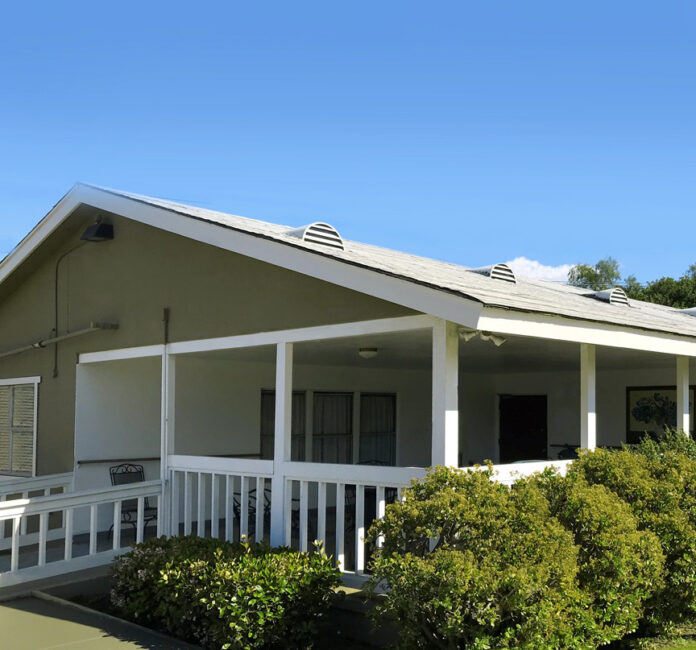With the lack of behavioral health facilities available for patients discharged from the hospital with a clinical issue and a secondary diagnosis of mental illness, Bradley Court, a skilled nursing facility belonging to Generations Healthcare, is now certified to treat clients who have both psychiatric and medical diagnosis. Bradley Court converted half of the beds in its facility dedicated to those with chronic mental illness, a condition which makes most of these patient’s ineligible to be admitted into a standard nursing facility.
“When patients discharging from the hospital have mental health diagnoses, it can be very difficult to get them into a skilled nursing facility that is equipped to give the necessary behavioral health care,” said Jacob Schlottman, administrator of Bradley Court. “Bradley Court’s transition to a behavioral health facility will help fill that gap in the San Diego area.”
Schlottman said it recently qualified for the special treatment program, a niche program that skilled nursing facilities are now eligible to do.
“It deals a lot with behavior adjustment, self-help skills, interpersonal relationship, vocational preparation, and pre-release planning,” he said. “Our goal is basically to help our residents get back into the community. Whether that is a board and care, or whatever most safe and appropriate setting for them.”
Schlottman said if a patient is in an acute psychiatric hospital and receiving acute psychiatric help, and they progress to the point where they no longer need that acute setting, going to a facility like Bradley is a “step down” option for those patients.
“They can come to us, continue to stabilize, and get ready to get back into the community,” he said. “Our goal is to get all of our residents back out into the community, and our goal is to accomplish that anywhere between six months to two years. I am sure that we will accept some residents that will not be able to make it back into the community and go to a lower level of care, but our goal is to get them back into the community after they have completed the program.”
Schlottman said the facility has half of the beds, 28, dedicated to the special treatment program. He said that patients can be dealing with schizophrenia, a bipolar disorder, or a myriad of clinical mental health diagnosis. He said through the program categories, and within those categories they do groups every day, work with the residents, and try to motivate and incentivize them to participate. He said the program is designed to be person centered, and each patient is assessed, such as if they had a professional job before.
“The program starts out small, and patients are given small tasks or duties to do within the facility, and it advances from there. As they do that, they can move up in their tiers within the program,” he said. “Once you get to a certain tier, you are eligible to graduate the program and move out into the community.”
Schlottman said Bradley’s patients are managed and referred by the County of San Diego, so most of the patients are coming to them are conserved and managed by the county.
“It is a special place,” said Schlottman. “It is really cool to see the changes in the lives of our residents and how they are able to progress through the program. Even though we have not been operating this for too long, we are already seeing great changes in our residents, and we are excited to see them graduate from the program. And this is such a huge need.”
There are so many issues related to mental health right now, and it is a hot topic now, it is great being able to do more than just long-term nursing care to fill that niche. This is so needed here in San Diego.”














